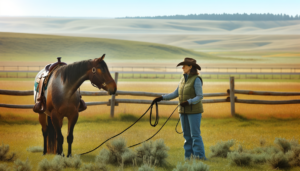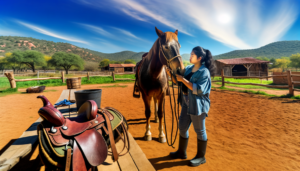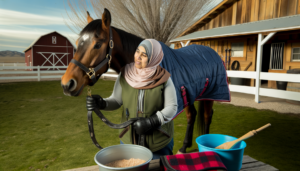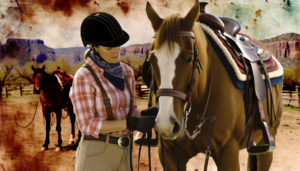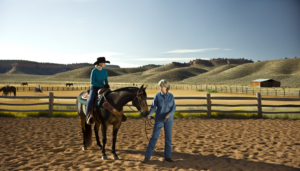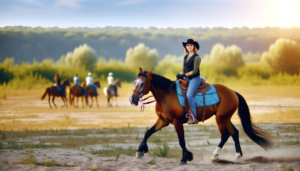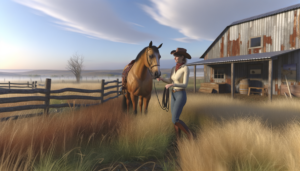Introduction Understanding Nervous Horses For horse owners, the sight of a nervous horse can be both concerning and challenging. Nervousness in horses is often rooted in their instinctual behavior as prey animals. They are hardwired to be vigilant and react quickly to perceived threats, which can manifest as spookiness or skittishness. Factors such as genetics, past experiences, and even the … [Read more...]
Behavioral Breakthroughs: Innovative Solutions for Challenging Horse Behaviors
Introduction Understanding Horse Behavior Horses, with their majestic presence and nuanced behaviors, have captivated human interest for millennia. To truly comprehend the essence of equine behavior, one must delve into their sensory capabilities, cognition, and emotional states. Horses perceive their environment through a unique lens, their umwelt, which is shaped by their evolutionary history … [Read more...]
Seasonal Horse Care: Adapting Your Horse’s Diet and Routine
Introduction to Seasonal Horse Care Understanding the Importance of Seasonal Care As the earth cycles through its seasons, the needs of our equine companions shift in response to the changing environment. Seasonal horse care is not just a matter of comfort but a critical aspect of maintaining health and preventing illness. The fluctuating temperatures, varying forage availability, and differing … [Read more...]
Creating a Safe Environment: Injury Prevention for Horses
Introduction The Importance of a Safe Environment for Horses For horses, the environment in which they live and interact plays a crucial role in their overall well-being and safety. As sensitive and curious animals, horses respond to their surroundings with a heightened awareness that is intrinsic to their nature as prey animals. A safe environment is not only about preventing physical harm but … [Read more...]
Feeding Performance Horses: Nutrition for the Competitive Edge
Introduction to Equine Nutrition The Importance of Nutrition in Equine Performance Nutrition plays a pivotal role in the performance of equine athletes. A well-balanced diet is essential for maintaining optimal health, energy levels, and recovery after strenuous activities. The right nutrients can enhance endurance, speed, and strength, giving competitive horses the edge they need to excel in … [Read more...]
Discipline-Specific Training: Tailoring Your Techniques for Your Horse’s Sport
Introduction to Discipline-Specific Training Understanding the Importance of Tailored Training Every equestrian discipline presents unique challenges and requires a specialized set of skills and attributes from both horse and rider. Tailored training is essential to maximize performance, minimize the risk of injury, and ensure the well-being of the horse. By focusing on the specific demands of … [Read more...]
First Trot to Full Gallop: Developing Your Horse Riding Skills
Introduction to Horse Riding The Joy and Benefits of Horse Riding Horse riding is not just an exhilarating physical activity; it is an experience that can benefit the rider in numerous ways. The joy of horse riding lies in the unique connection between the rider and the horse, the sense of freedom when galloping through open fields, and the tranquility of a quiet trail ride. Beyond the emotional … [Read more...]
Fostering a Bond: Proven Horse Training and Behavior Techniques
Introduction to Horse Training and Bonding Understanding the Importance of a Strong Bond The relationship between a horse and its trainer is pivotal to the success of any training program. A strong bond is not merely a sentimental notion; it is the foundation upon which trust, respect, and effective communication are built. This connection facilitates a deeper understanding between human and … [Read more...]
Breaking Bad: A Guide to Correcting and Preventing Horse Behavioral Problems
Introduction Understanding Horse Behavior Horses are complex creatures with a rich tapestry of behaviors influenced by their evolutionary history as prey animals. Understanding the nuances of equine behavior is crucial for effective training and management. Recognizing the signs of discomfort, stress, or fear can help prevent the development of problematic behaviors. Horses communicate through … [Read more...]
